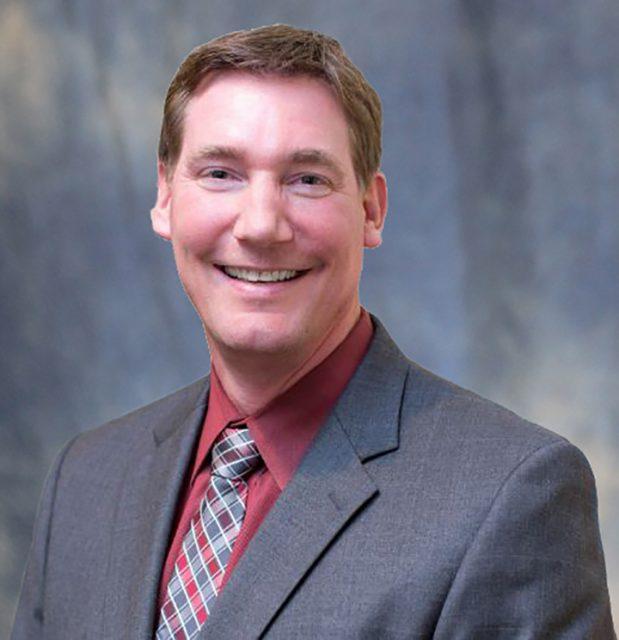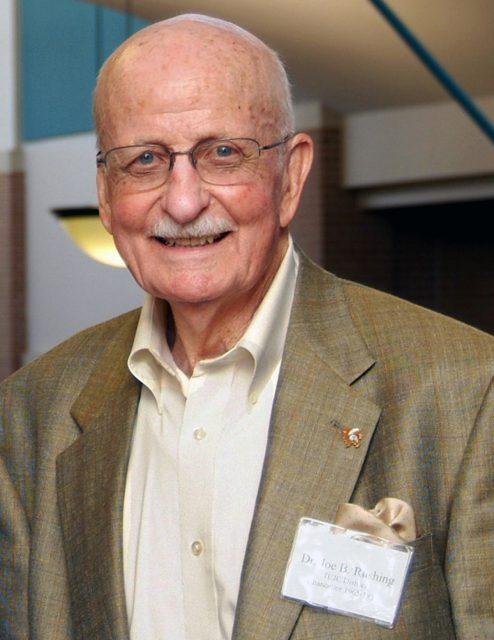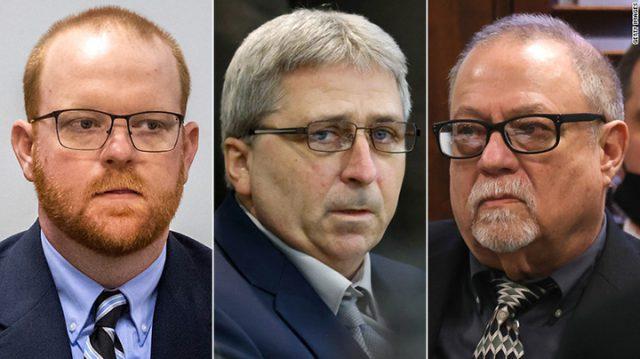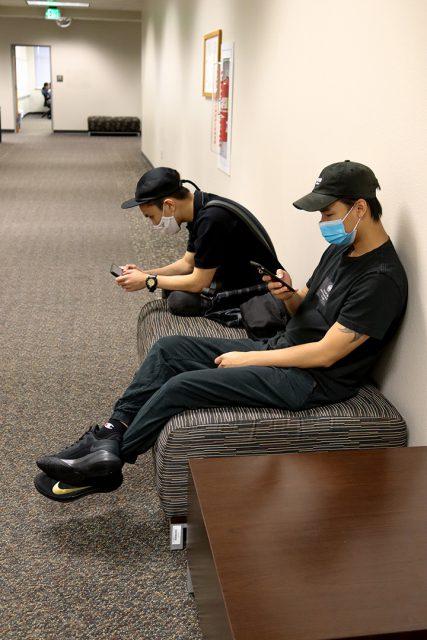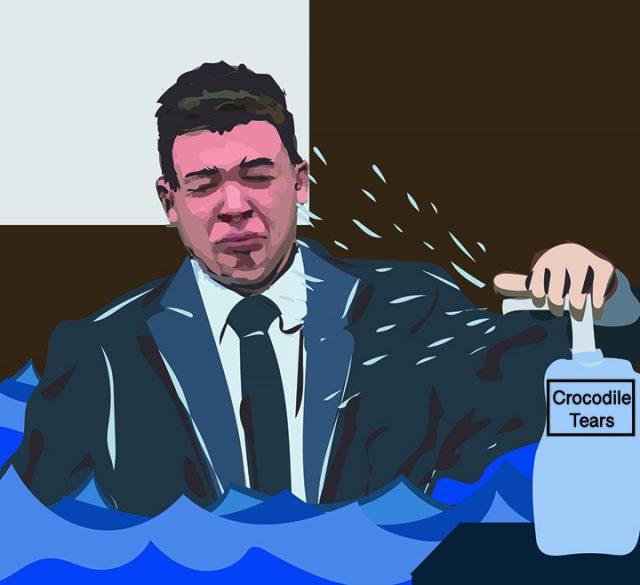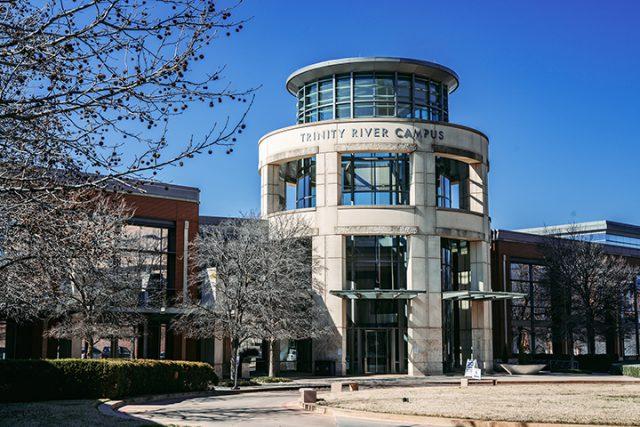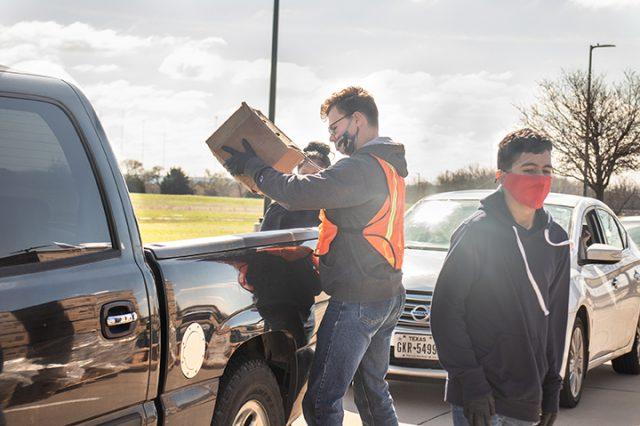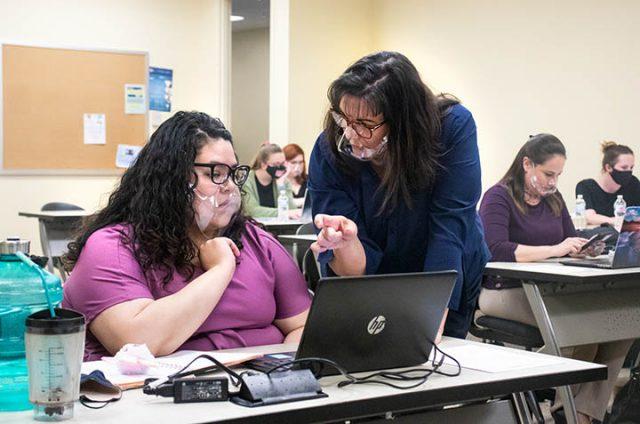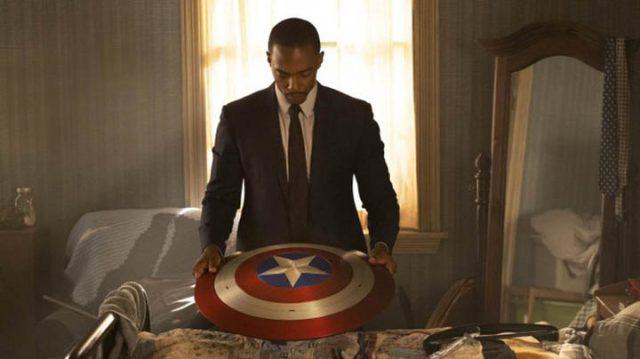Daniel Lufkin shares blueprint for South’s future
Jose Romero
senior editor
Daniel Lufkin was appointed as president of South Campus effective April 1.
Before his selection, Lufkin served in Virginia as Paul D. Camp Community College’s president for five years and has spent over 20 years in various education-oriented leadership positions. He has been vice president of student affairs at Virginia’s Thomas Nelson Community College, and an adjunct faculty member, athletic director, director of Student Life and dean of Enrollment Management at Arizona’s GateWay Community College.
At PDC, Lufkin was locally and regionally recognized for the implementation of development programs, resulting in increased enrollment and retention, Chancellor Eugene Giovannini said in an email welcoming him to the staff.
“When I was selected and appointed as the next president of the South Campus, I was just extremely excited,” Lufkin said. “I had the opportunity to visit the campus. There’s great facilities there. I like the programs, the skill-based programs, but I also really value and appreciate the work that’s being done for general education as well, so it’s a great opportunity.”
A major difference between PDC and TCC is location and size. PDC is a smaller school in rural Virginia, while South Campus is located in Fort Worth, the fifth-largest city in Texas. He views the move as an opportunity because Fort Worth is constantly expanding with an annual growth rate of 1.77%, according to trend and data site World Population Review.
Still, Lufkin said his skills and duties can shift to a larger college as well. A few transferred responsibilities he listed include collaborating with faculty, industry partners and elected officials, meeting with community members and developing programs. Determining what would be most efficient for students is another assignment.
It’s important to listen and respond to the needs of students, he said. Previously, Lufkin surveyed PDC to decide what programs would be the most beneficial. In doing so, organizations, staff and faculty gave ideas on how the campus could assist in alleviating some adversity, leading to the development of food pantries and programs for housing insecurities.
Program development on South will require some time because Lufkin — and other leadership roles — need to decide how efficient a program would be for students and the community before beginning the process. Job outlook, transferring students and success rates are all factors taken into consideration when determining which programs will be created.
“It’s too premature to come in and say ‘I’m gonna do this program’ because the students may say ‘Hey, that worked in Virginia, but it doesn’t really help us here at the South Campus,’” Lufkin said.
TCC campuses closed over a year ago because of COVID-19, but Lufkin discussed the elements in a potential plan for reopening.
He plans to sit down with leadership from the campus office and district before coming to a finalized conclusion. The health and welfare of students, faculty and staff is the most important thing to focus on, he said. Lufkin wants to ensure he analyzes all available data from the Centers for Disease Control and Prevention so he and his peers can make an informed decision.
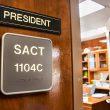
South Campus has been without an official president since September of 2020. TCC will elect a candidate to fill the position during the week of Feb. 1.
South Campus presidential race heats up
The final three candidates for the next South president — Daniel Lufkin, Alessandro Anzalone and Feliccia Moore-Davis — spoke during a forum on Microsoft Teams.






















